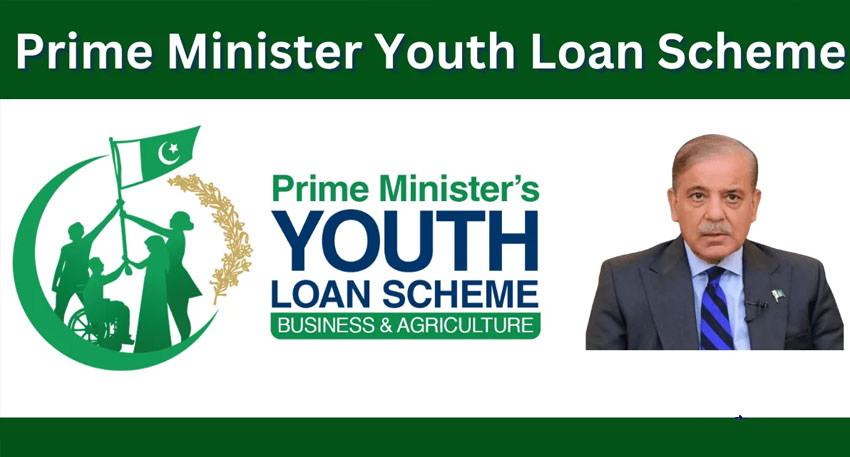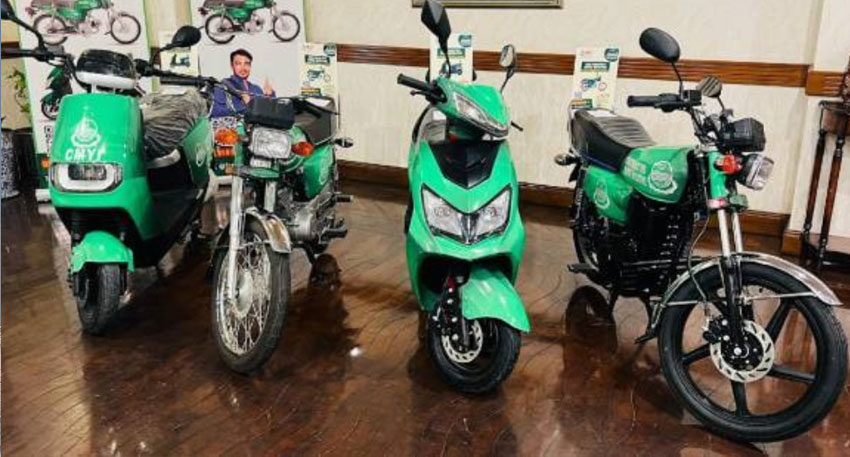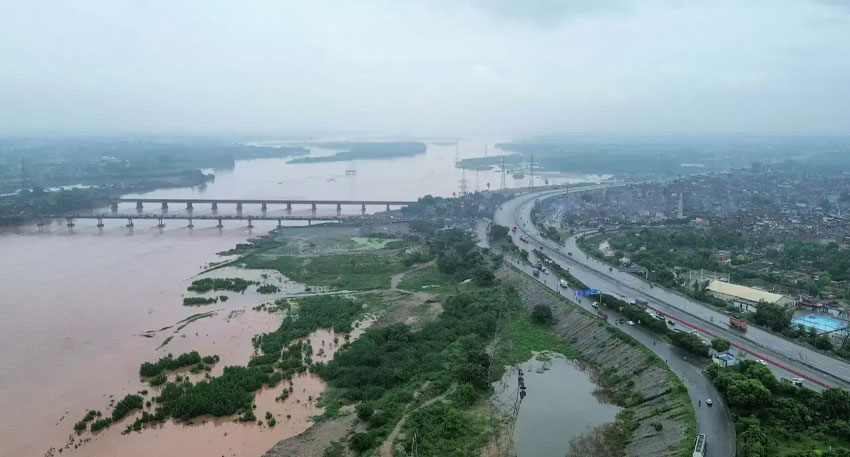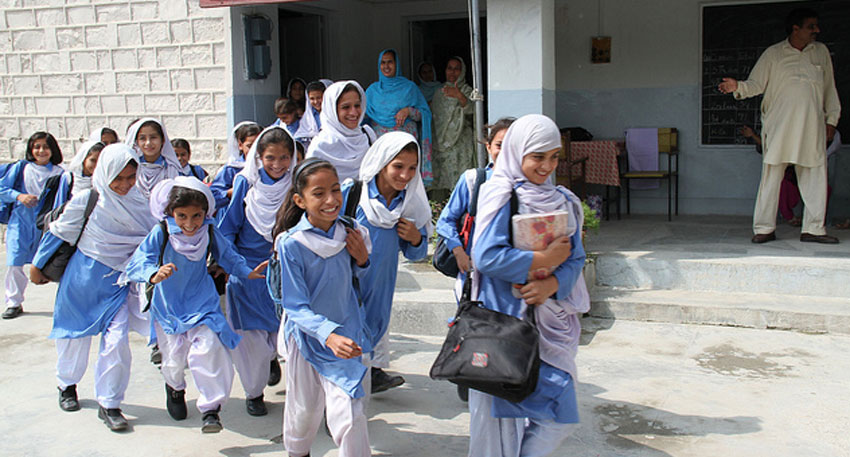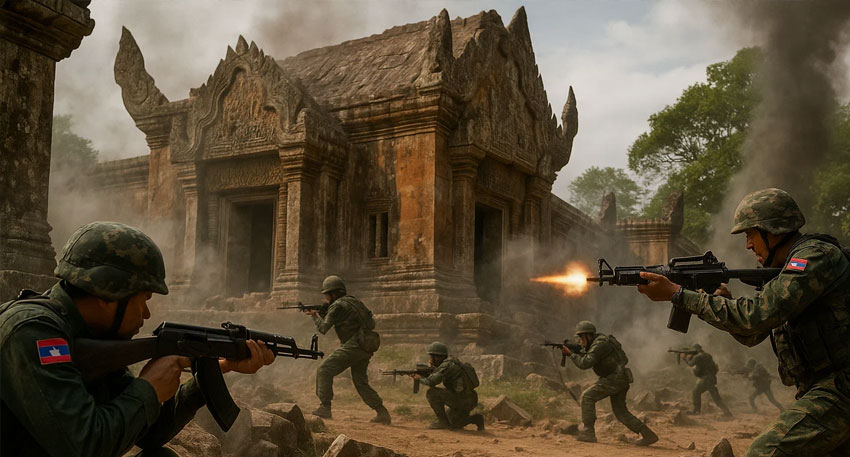
The conflict between Thailand and Cambodia goes back more than a century, tracing its roots to the Franco-Siamese Treaty of 1904. The Franco-Siamese Treaty attempted to define the border between the Kingdom of Siam (now Thailand) and French Indochina (which included Cambodia, Laos, and Vietnam). However, several areas, especially around the ancient Preah Vihear Temple, were left in dispute due to the treaty’s vague terms and conflicting colonial maps. The 900-year-old Hindu temple, perched on the Dangrek Mountains, is a source of pride and tension between the two countries.

It was ruled by the International Court of Justice in 1962 that the temple itself belongs to Cambodia. Yet, the land surrounding it remains disputed, causing periodic clashes over the years. Between 2008 and 2011, fighting near the temple led to casualties on both sides. Even though Cambodia’s claim was reaffirmed by the ICJ, Thailand has continued to press claims to parts of the area.
Also Read: Thailand F-16 jet strikes Cambodian forces amid border clash
On May 28, 2025, the most recent outbreak of violence began when a Cambodian soldier was killed in the Emerald Triangle. The Emerald Triangle is a border region where Cambodia, Thailand, and Laos meet. Both countries blamed each other, leading to a breakdown in talks and the closure of border crossings.
The situation escalated sharply on July 24, 2025, when shelling and rocket fire near the Ta Muen Thom temple in the Surin-Oddar Meanchey border area resulted in at least 12 Thai civilians, including women and children, being killed, with many more injured. F-16 airstrikes targeting Cambodian military positions were launched by Thailand. Cambodia was accused of initiating the attacks by Thailand. However, the accusations were denied by Cambodia. Cambodia claimed that it was only defending itself against Thai aggression.
Thailand’s political scene has also been shaken by the crisis. Amid allegations of ethical misconduct following a leaked phone call with a Cambodian official, Prime Minister Paetongtarn Shinawatra was suspended. In the call, Prime Minister Paetongtarn Shinawatra referred to former Cambodian Prime Minister Hun Sen as “uncle.” Critics argued this comment undermined Thailand’s sovereignty. As a result, her coalition lost support, and she was replaced by former Defense Minister Phumtham Wechayachai as acting Prime Minister.
The international community has expressed deep concern about the violence. China has urged restraint and offered to mediate, while the United Nations Security Council is being called to hold an emergency meeting. The suffering of civilians has been highlighted by UNICEF. UNICEF has underscored how innocent civilians, especially children, have suffered due to the dispute and how it has affected their education, as schools have been closed and families forced to flee their homeland.
This 2025 Cambodian-Thai border crisis is a stark reminder of how disputes dating back to colonial times continue to cause pain and instability today. Even though both countries say they want peace, the path to it is complicated. The world’s efforts and open dialogue between the two countries will be needed to put an end to bloodshed and foster peace and prosperity.
